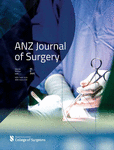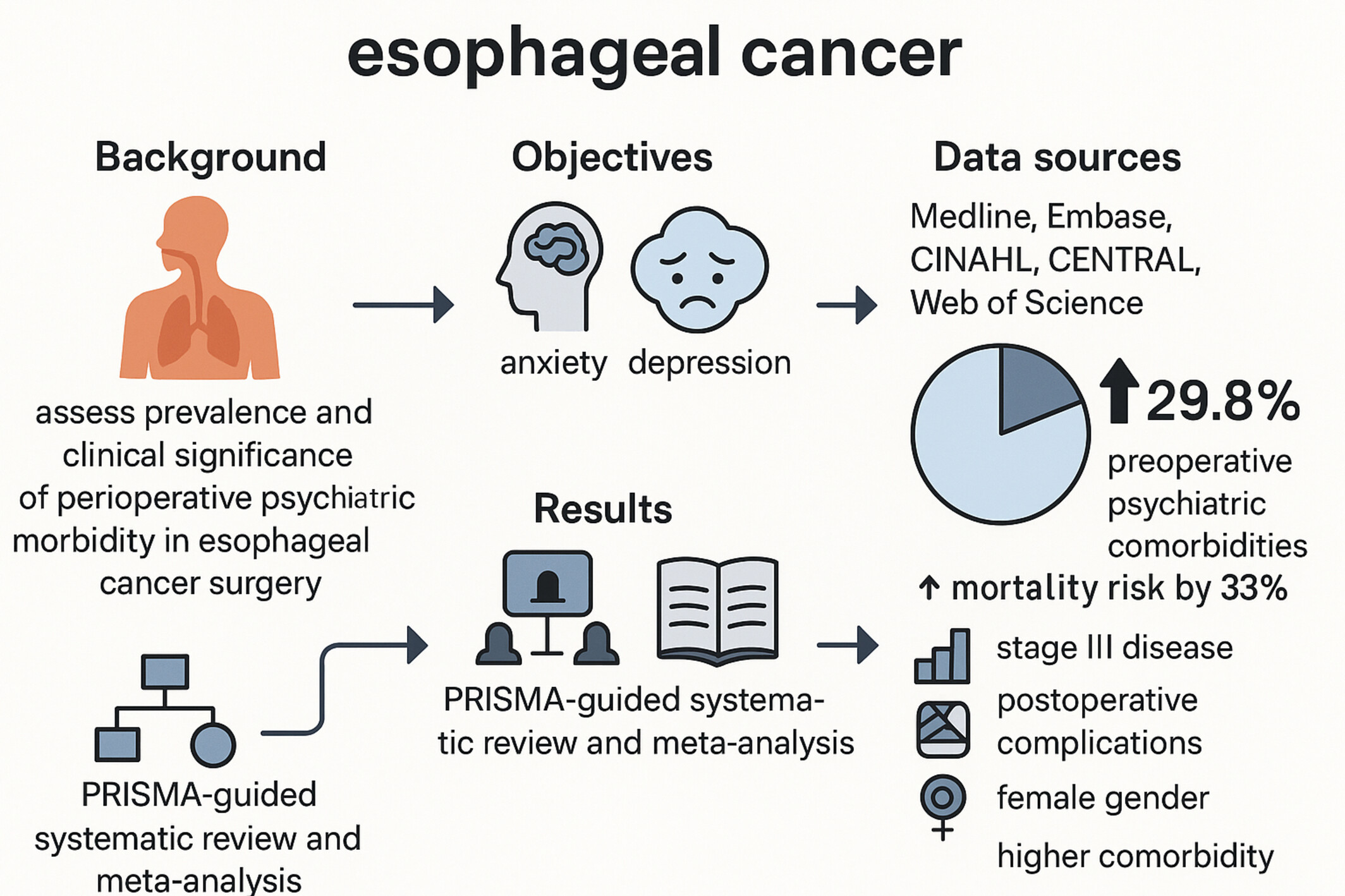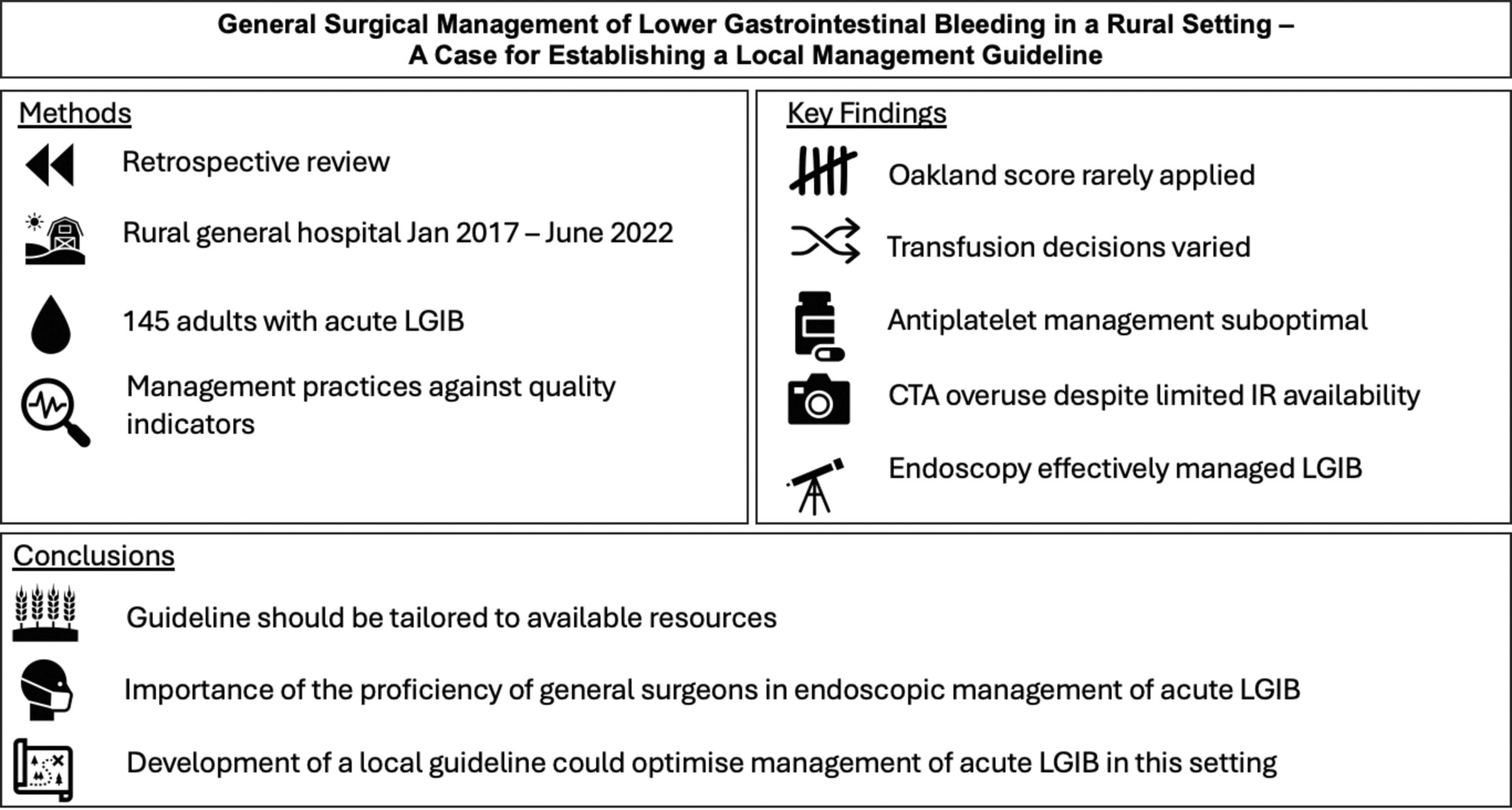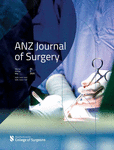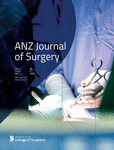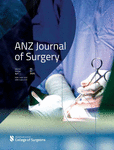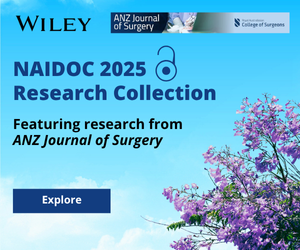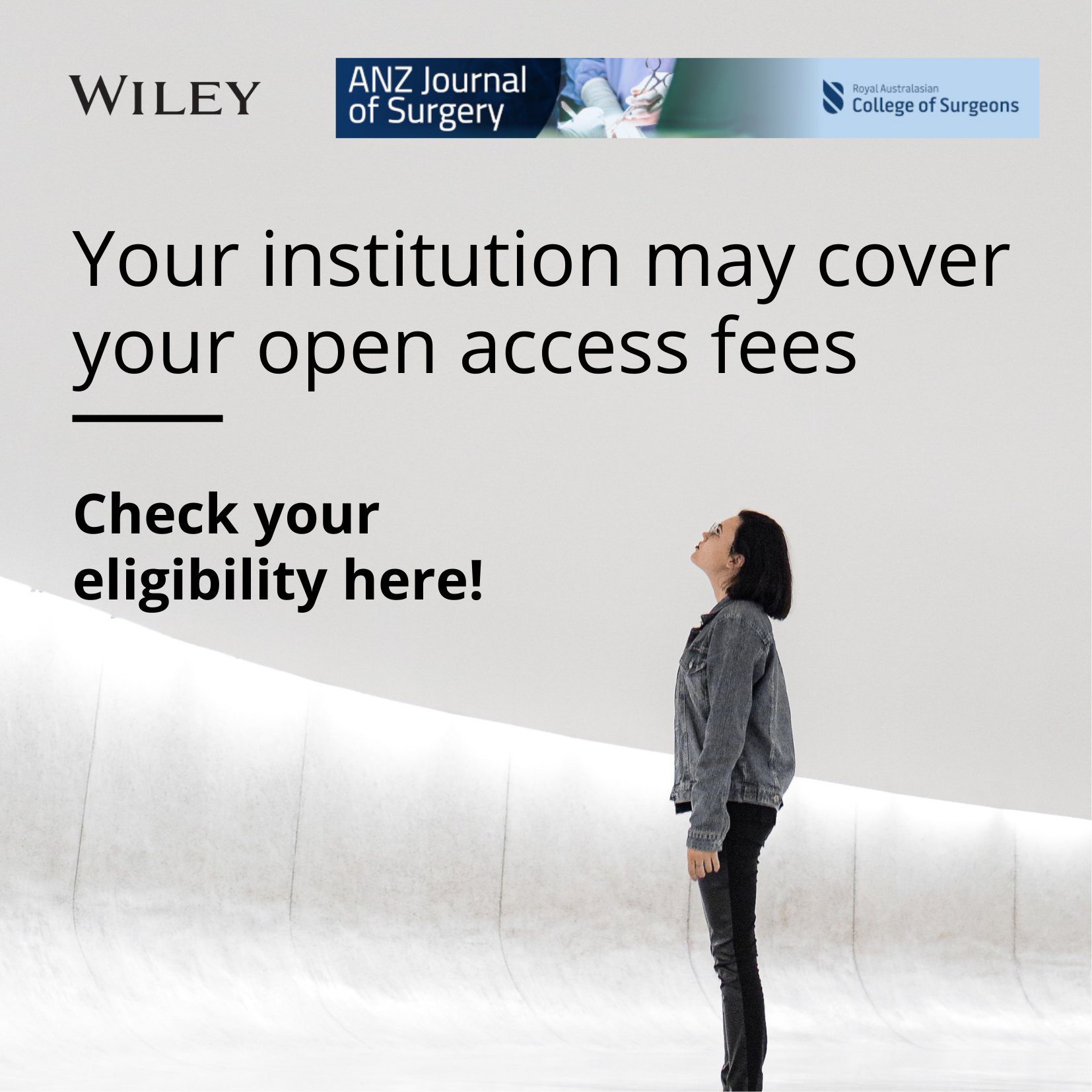Edited By: Julian A. Smith
ANZ Journal of Surgery is the leading publication for surgical research in Australia and New Zealand. Published by Wiley on behalf of the Royal Australasian College of Surgeons, we provide a medium for the publication of peer-reviewed original contributions related to clinical practice and/or research in all fields of surgery and related disciplines. The journal also provides a programme of continuing education for surgeons. Our Editorial Board is made up of specialists and all articles are peer-reviewed by at least two researchers expert in the relevant field.
Journal Metrics
- 2.5CiteScore
- 1.6Journal Impact Factor
- 28%Acceptance rate
- 11 days Submission to first decision
Articles
A Scoping Review on the Data Utility, Clinical Impact, and Cost of Multidisciplinary Team Meetings for Pancreatic Cancer
- 18 July 2025
Graphical Abstract
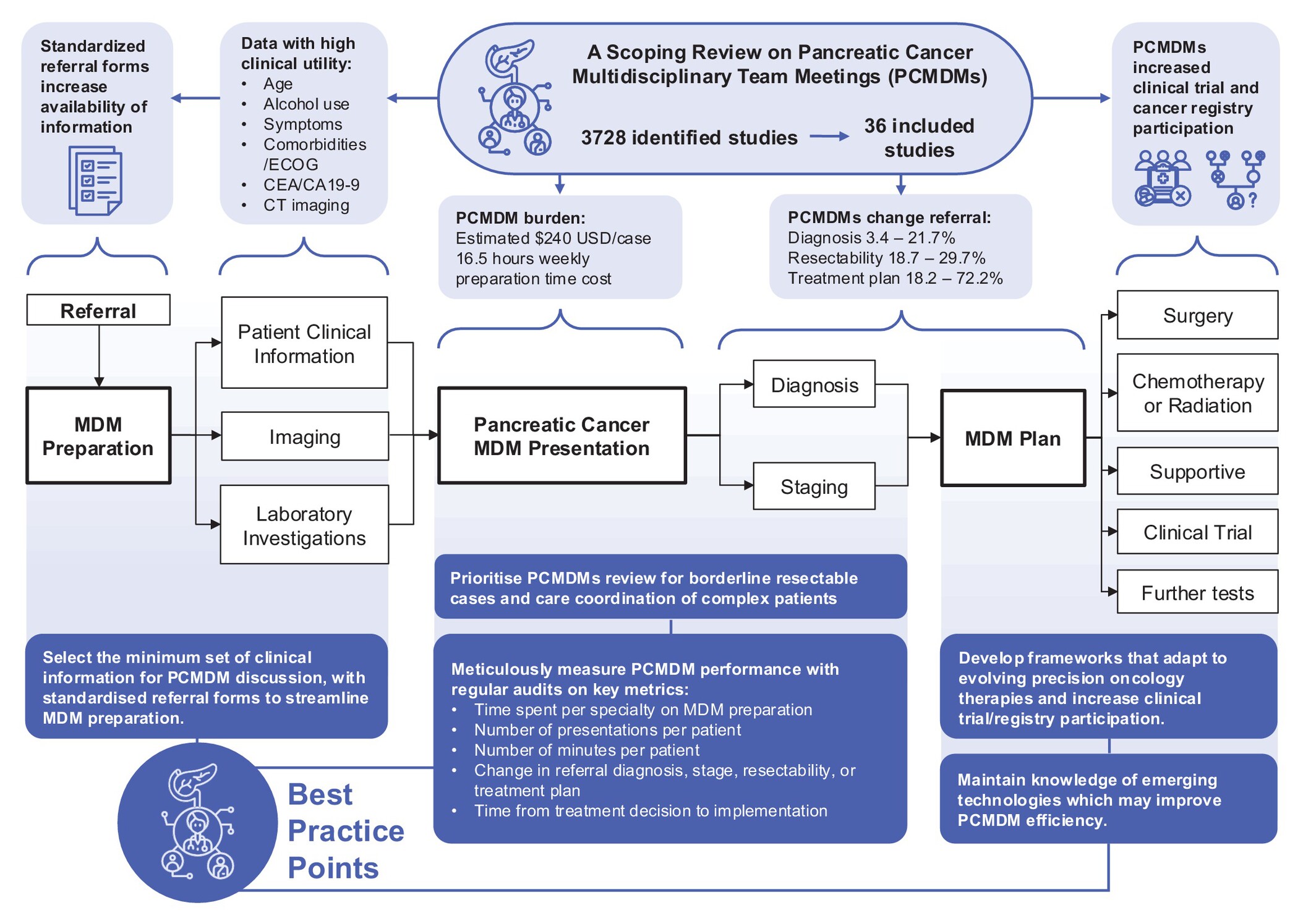
Pancreatic Cancer Multidisciplinary team meetings (PCMDMs) should aim for a “Goldilocks” point, where sufficient data are available to make a plan—without wasting resources collecting extraneous information. PCMDMs should focus on cases where they have the most impact, such as borderline resectable disease and inclusion of patients in clinical trials/registries.
Effects of Complex Ventral Hernia and Stoma on Body Image and Interpersonal Relationships
- 18 July 2025
Evaluating the Impact of Mental Disorders on Outcomes Following Esophagectomy for Cancer: A Systematic Review and Meta‐Analysis
- 16 July 2025
Methodological index for non-randomized studies (MINORS): development and validation of a new instrument
- ANZ Journal of Surgery
- 712-716
- 8 September 2003
The role of screening colonoscopy after appendicitis in patients over 40 years of age
- ANZ Journal of Surgery
- 602-605
- 14 February 2023
Graphical Abstract

There is some evidence of the association between acute appendicitis and colorectal neoplasm in patients over the age of 40 years. Despite this, few centres routinely evaluate the colon endoscopically following an episode of appendicitis in these patients. We report a relatively high adenoma detection rate of 15% which supports the view of appendicitis as an indication for either FIT or screening colonoscopy in this patient cohort.
Complete mesocolic excision for colon cancer: current status and controversies
- ANZ Journal of Surgery
- 309-319
- 18 October 2023
Graphical Abstract
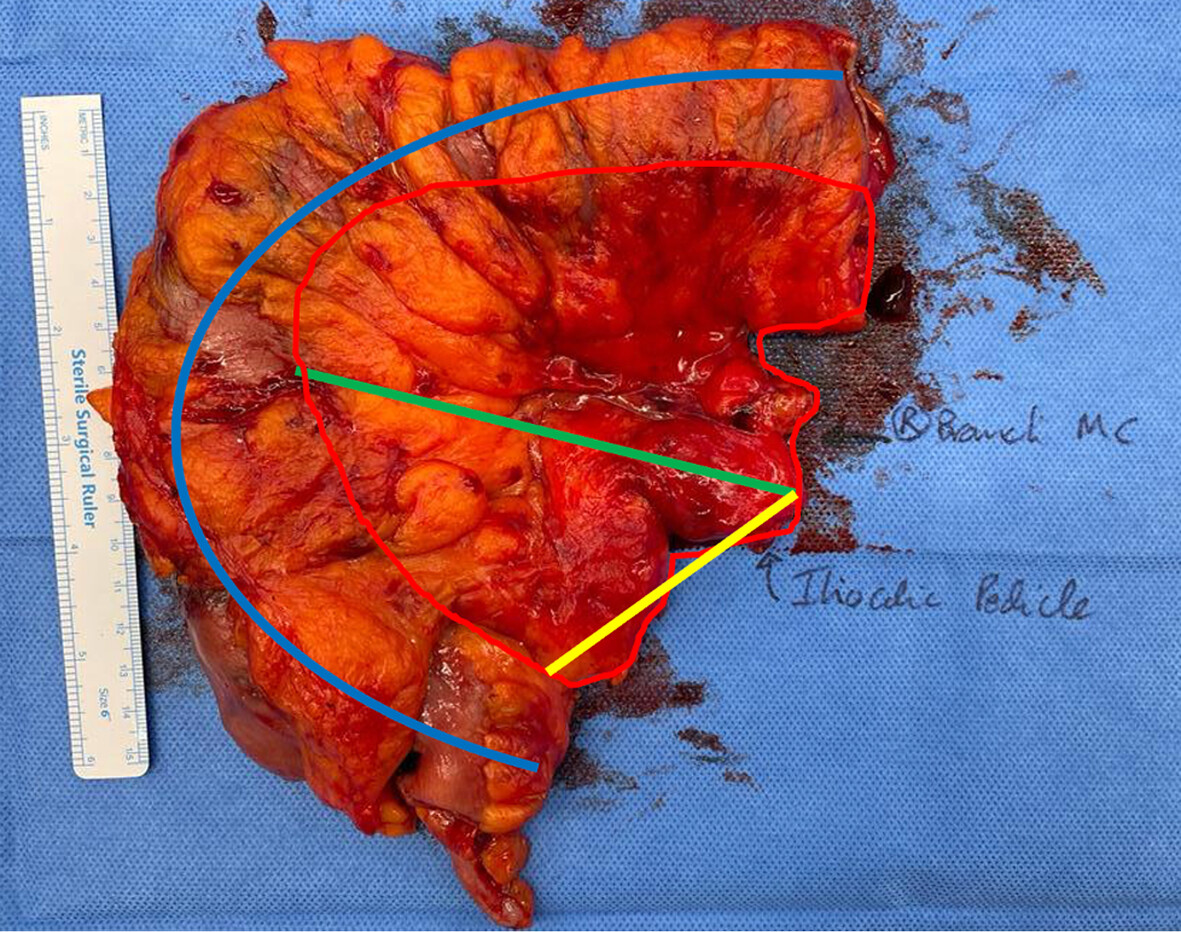
Complete mesocolic excision for colon cancer involves precise dissection of the avascular embryonic plane between the parietal retroperitoneum and visceral peritoneum of the mesocolon. Whether this approach results in improved overall or disease-free survival remains unclear and its role remains controversial particularly given the risk of significant morbidity associated with a more extensive central vascular dissection. As a result of the current state of equipoise, various national guidelines have disparate recommendations as to when complete mesocolic excision should be performed if at all and this article aimed to review the rationale for and technical aspects of complete mesocolic excision, summarize available short and long term outcome data and address current controversies.



